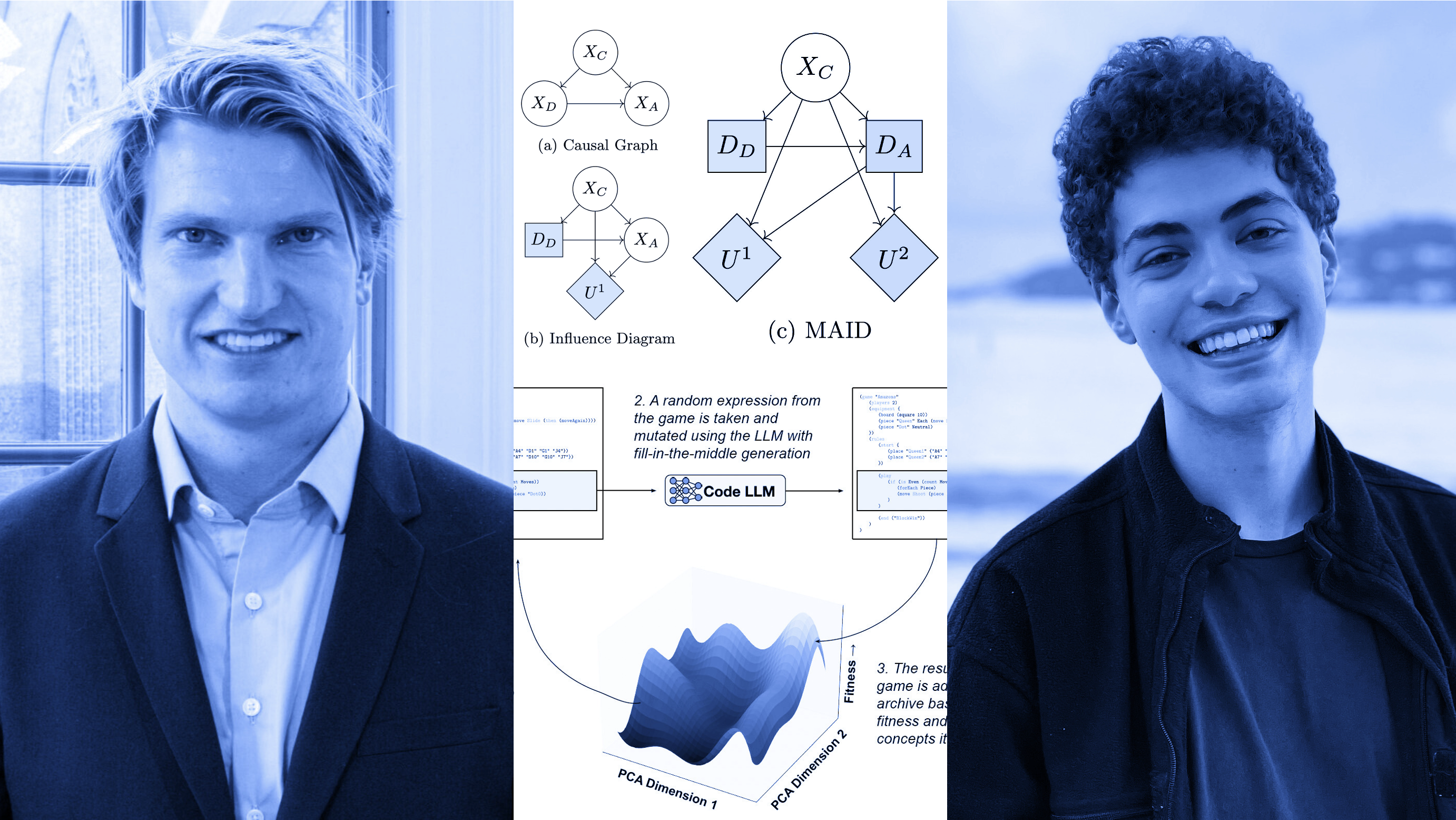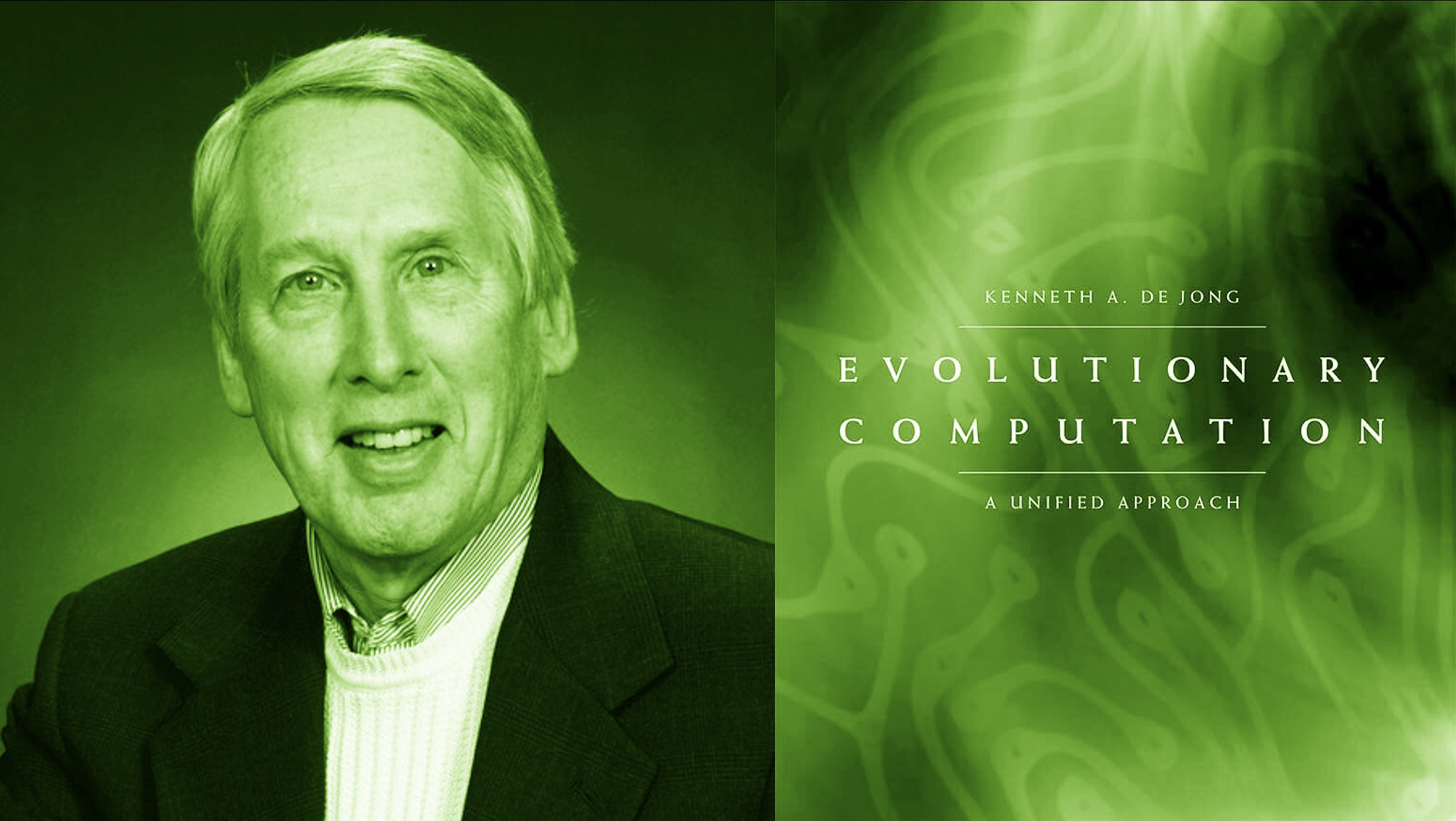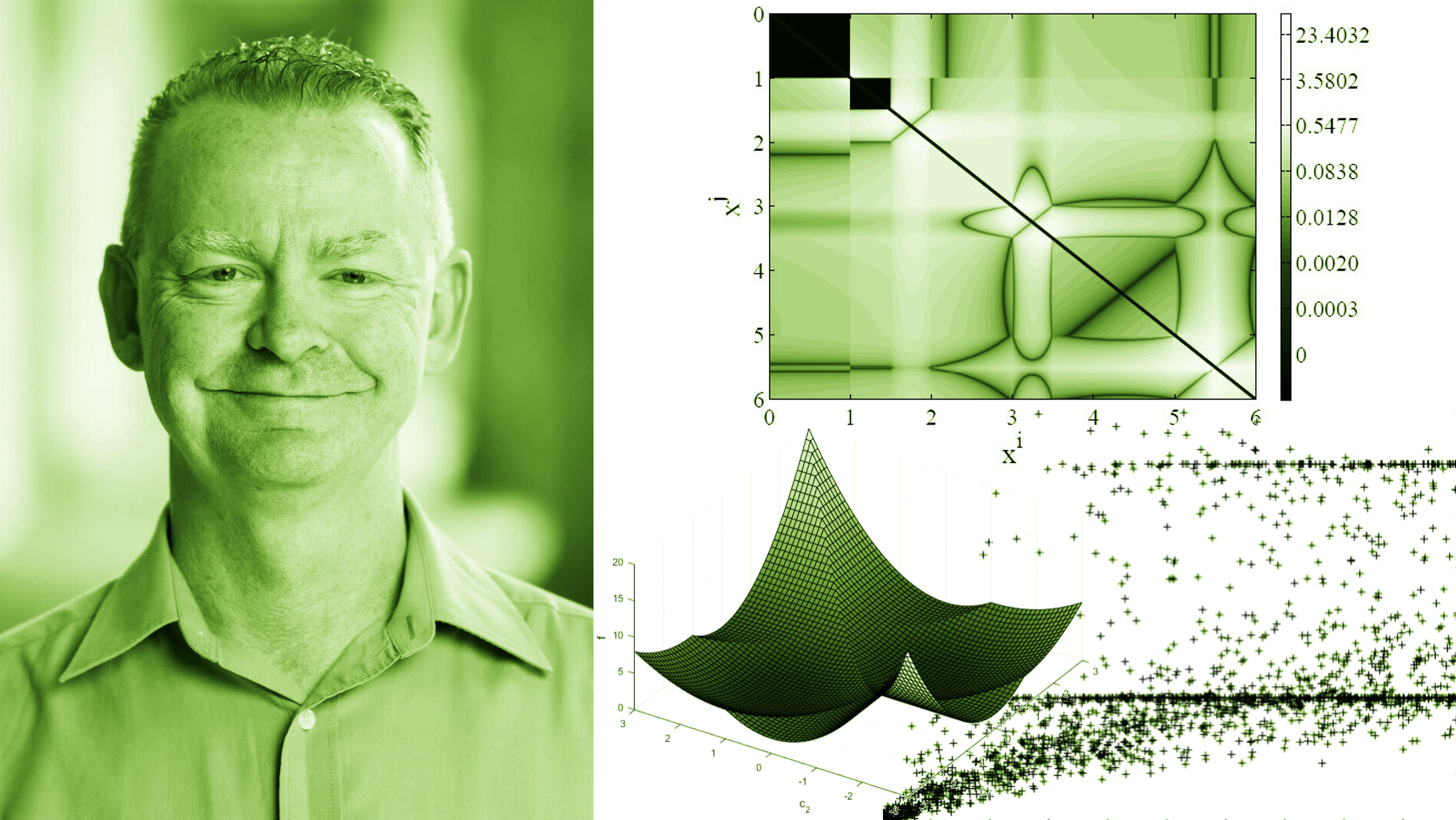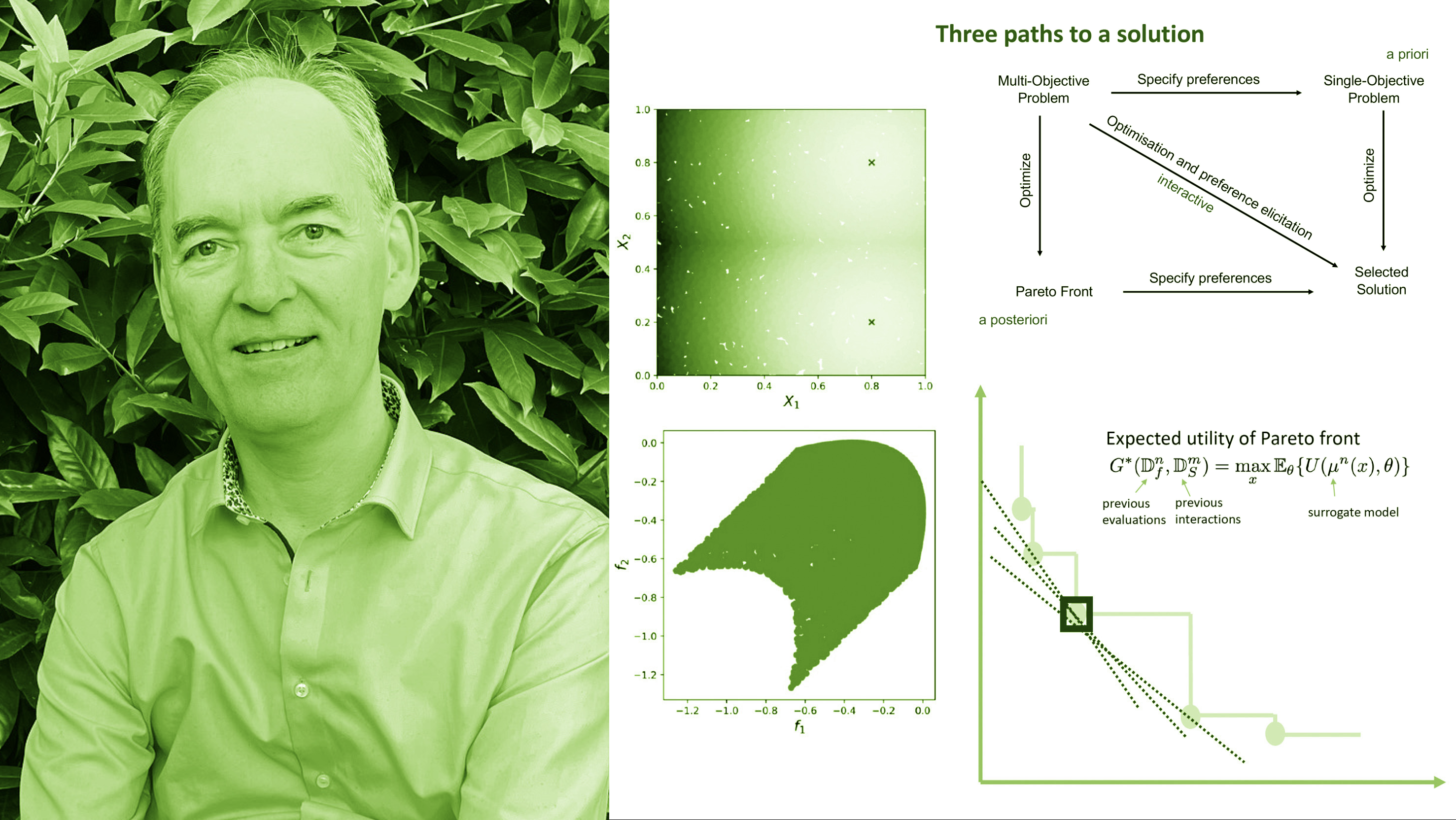The twenty-second lecture takes place on the 14th of May 2025 at 4:30 PM (CEST), virtually.
The zoom link to attend the lecture is: https://cwi-nl-zoom.zoom.us/j/83565064655?pwd=tAIobzBakJD76Y2aW8aNrLQBDNPwsy.1
The lecture features Ph.D. candidates Maarten Vonk and Graham Todd.
Talk 1: Causal Game Theory
Maarten Vonk, Leiden University
In this talk, I will offer a structured overview of current research in causal inference, with particular emphasis on its intersection with probabilistic graphical models. The discussion begins with the core levels of causal reasoning: associational, interventional, and counterfactual. I will then review the main tasks in causal inference, namely causal discovery, identification, and estimation. The role of heuristics across these tasks will be briefly considered. Building on this foundation, the presentation will examine recent efforts to integrate causal inference with causal game theory. I will outline emerging approaches that combine strategic reasoning with causal structure learning, noting that heuristic methods may prove essential within causal game theory.
Talk 2: GAVEL: Generating Games via Evolution and Language Models
Graham Todd, New York University
Automatically generating novel and interesting games is a complex task. Challenges include representing game rules in a computationally workable form, searching through the large space of potential games under most such representations, and accurately evaluating the originality and quality of previously unseen games. Prior work in automated game generation has largely focused on relatively restricted rule representations and relied on domain-specific heuristics. In this work, we explore the generation of novel games in the comparatively expansive Ludii game description language, which encodes the rules of over 1000 board games in a variety of styles and modes of play. We draw inspiration from recent advances in large language models and evolutionary computation in order to train a model that intelligently mutates and recombines games and mechanics expressed as code. We demonstrate both quantitatively and qualitatively that our approach is capable of generating new and interesting games, including in regions of the potential rules space not covered by existing games in the Ludii dataset.
 JoLEA
JoLEA
